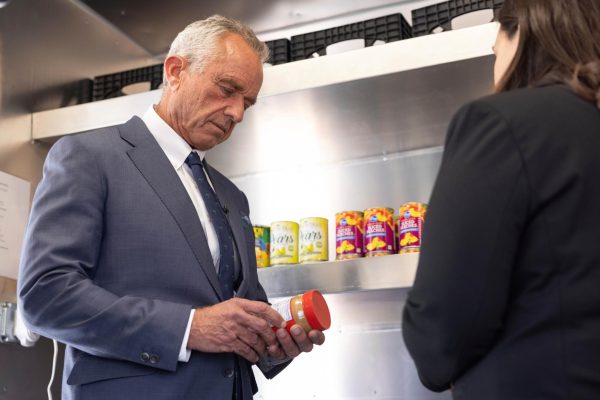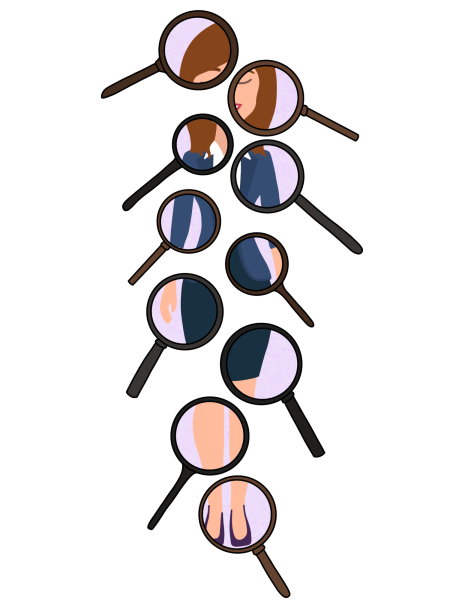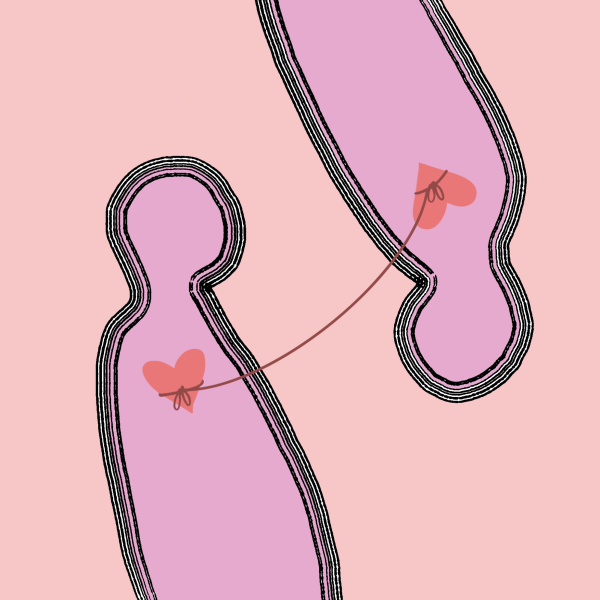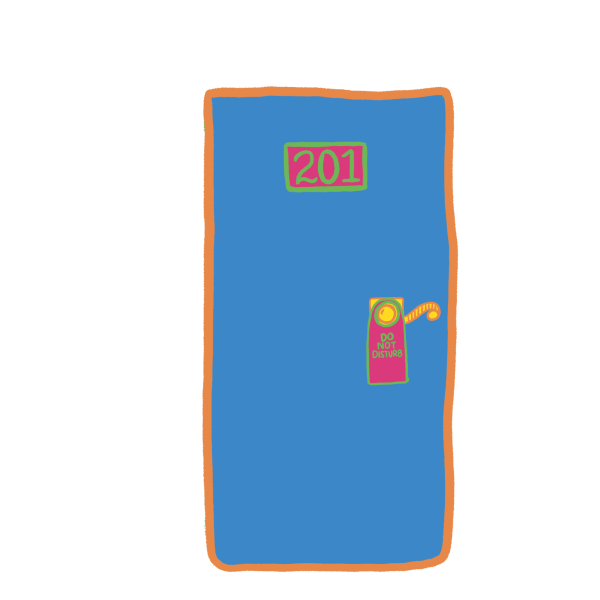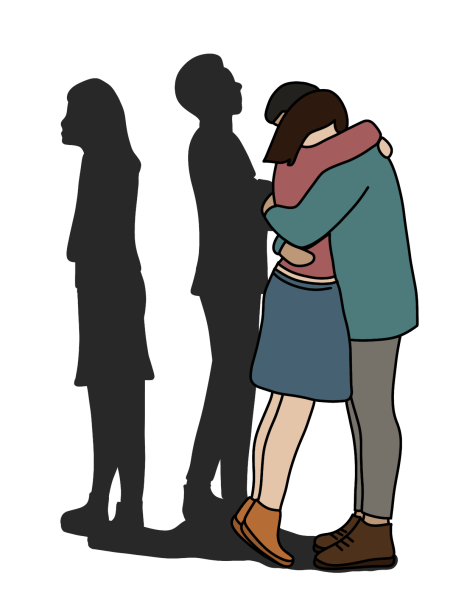Unpacking Masturbation Shame with Afrosexology
On March 9, Sisters of the Round Table (SORT) and Gamma Phi Beta hosted an event led by Afrosexology — a Black female duo dedicated to offering comprehensive sex education to not only Black individuals looking to reclaim their sexuality but people of all genders, sexual orientations, races, ages, disabilities and religions. In this webinar, Rafaella and Dalychia redefine masturbation as an act of self-love, pleasure and empowerment, and remove it from sentiments of shame, guilt, and fear. Attending the event was mandatory for members of Gamma Phi Beta, but the webinar was open to anyone who was interested.
I was so excited to hear about this event, but was instantly nervous as to how it would be received. So many times I’ve heard stories from Colgate women and how they’ve been repeatedly shamed or made fun of by other Colgate women for masturbating. Either that or they’ve found themselves in a space where they can not be open about their sex life or the ways they have indulged in sexual pleasure, because they have been surrounded by other women who find that shameful and because of that, have never really experienced sexual pleasure themselves. So going into a masturbation webinar made mandatory for an entire sorority, I expected many turned-off cameras, little participation, concealed giggles and a lot of not-taking-anything-seriously. I was worried for Afrosexology — worried that they would not get the attention they deserved as Black feminists, activists and teachers. Because of this, I made a pact with myself that I would participate as much as I could and put aside all my anxieties of being judged for anything I had to say.
Signing on to the Zoom call, I had been right about the many turned-off cameras. The number of participants grew and grew until it had reached nearly 200. While the event was completely virtual, I could feel the tension, the uneasiness as we all stared at ourselves, and then at each other, and then at the word “MASTURBATION” as Dalychia, cofounder of Afrosexology, shared her screen. A prompt was put into the chat before the presentation had started, inviting participants to share their names, pronouns and something they were excited about learning. To my surprise, the chat was flooded with responses, one after the other: smiley faces, exclamation marks and hearts… so much excitement and positivity. I was hopeful.
Rafaella and Dalychia began with a breathing exercise, asking all of us to take a deep breath in and out, to center each and every one of us and to “check” in with our bodies. I thought this was a great idea because it ensured that we were all present and comfortable enough at the moment to endure a conversation about bodies and shame. After a brief introduction, Afrosexology presented a set of group agreements to ensure that this would be a safe space; conversation principles like confidentiality, active participation, no hate speech and I-statements are essential in creating a space where unpacking shame would be possible.
Participants were first asked, “What are the messages you were taught about masturbation?” My immediate thought was, “It’s a sin!” and sure enough, similar answers flooded the comments. That and “you’re a slut if you do it” and “it’s not appropriate for women” or “it affects your desirability” and even “it’ll grow hair on your palms.” In sum, the idea of masturbation shame is heavily gendered: women seem to experience it more than men do since it is more socially acceptable for men to masturbate. Even so, when asked who they receive most of this shame from, most answers centered on other women. Rafaella and Dalychia asked us to release these messages, a practice that would allow us to start fresh in our “masturbation journey.” To confront these internalized messages, we were urged to acknowledge the source of the message, but challenge it as well as practice compassion toward ourselves by developing pleasure practices. Truly understanding what turns us off and what doesn’t helps us lead a life that prioritizes our own pleasure. Dalychia emphasizes that confronting sexual shame is not just practiced inside the bedroom; it can also be adopted as a lifestyle. “Sensual” living is a daily practice that extends pleasure to sight, touch, taste, smell and sound.
Rafaella provided a masturbation anatomy lesson, for both women, men and trans folx, showing us diagrams and pictures, and even giving us visual representations with a vulva puppet and a dildo. We were taught different masturbation techniques that would not only enhance our solo sex experiences but also how we perform with future sexual partners. We learned about the different benefits of masturbation, which included anxiety and stress management, sleep aid, connecting with and getting to know your body and even boosting your immune system, all backed by scientific evidence. Participants were asking questions and making comments, the conversations were lighthearted and fun. There was a bit of a hiccup in the positive energy, when a participant, who had given himself a fake name, began making offensive jokes in the chat. My worries came back and I was angry. I figured at some point, someone would choose to profit off the vulnerability associated with shame, especially the shame that comes with female sexuality. In his blasphemous and frankly disgusting comments, this person was enjoying making women uncomfortable. After not finding this person in the directory, he was removed from the webinar.
Still, Afrosexology continued, strongly and unapologetically. They did an amazing job at making us feel safe and appreciated. To them, each and every one of our experiences was valid, and they created a space where female sexuality was regarded as completely normal and not shameful. Rafaella concluded the webinar with an experience ritual, where she very eloquently walked us through a solo sex meditation, leaving us all feeling grounded, calm and refreshed. “Very much needed,” someone said in the chat. I can only hope that the women and men who attended this webinar will continue to carry around with them the same sex-positivity that was created by Afrosexology during this webinar. I hope that the Colgate women and men will continue to make others feel safe, with no fear of judgment. We must strive to create an environment where we can talk, where we can be open and raw about pleasure, self-love, about what we like and do not like… about sex!


